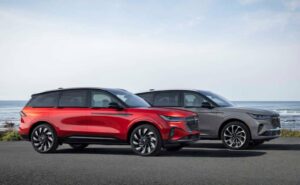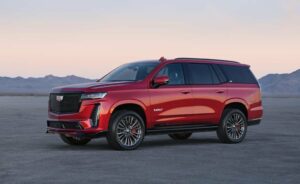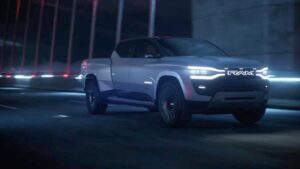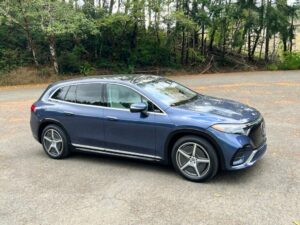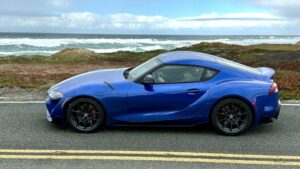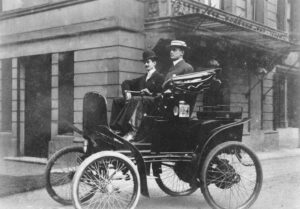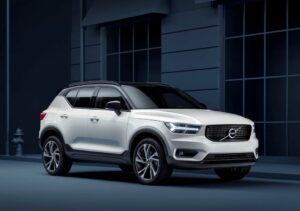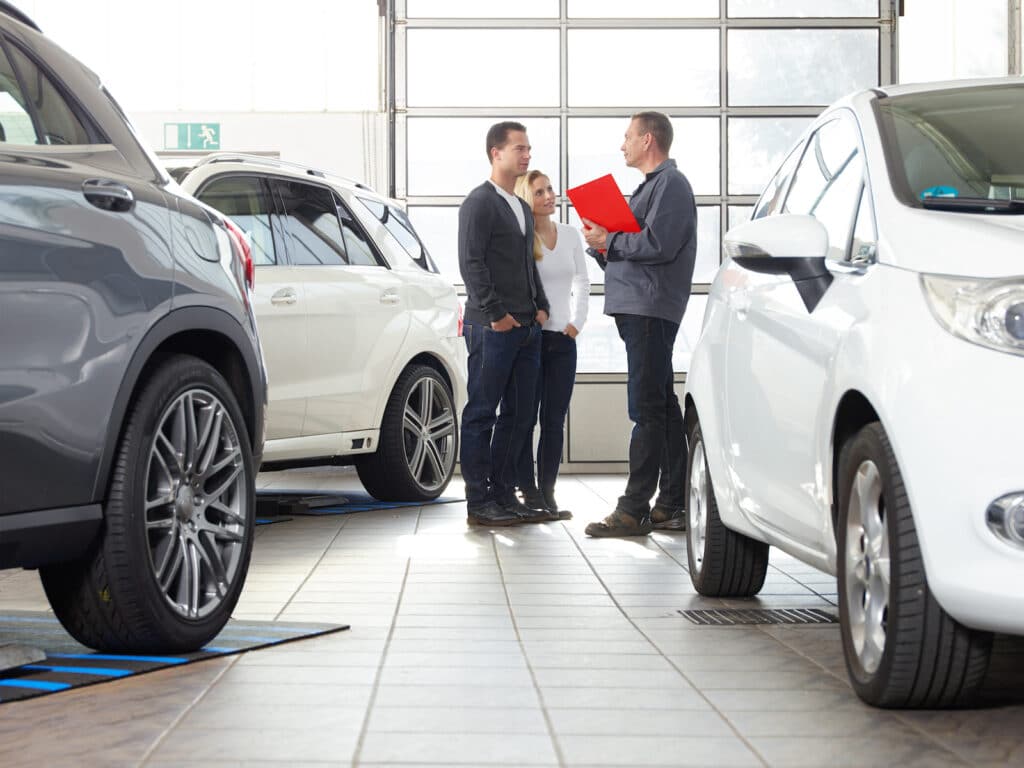
Let’s face it, no one likes the process of buying a car — and a new study shows we like it less than ever, in spite of having more ways than ever to make the process simpler and easier.
According to Cox Automotive’s 2022 Car Buyer Journey Study, high prices, a lack of inventory, and the length of time needed to buy a vehicle irritated car buyers in 2022. Used car buyers were particularly dissatisfied, as they are frequently more price sensitive and face higher borrowing rates.
“We think it is more important than ever to showcase the current state of vehicle buying in America,” said Isabelle Helms, vice president of Research and Market Intelligence at Cox Automotive.
“It does not have to be frustrating for the consumer. With the right digital tools and systems in place, car buying can be a highly satisfying activity, and as efficient and streamlined as consumers want it to be.”
That said, Cox Automotive is far from a neutral party, as their software underpins most automotive dealer websites and functions, as well as those of OEM consumer sites.
Consumers increasingly unsatisfied
But the results are not hard to believe.
The study surveyed more than 10,000 consumers who were in the market for a vehicle in 2022 and their dealers.
The results found that 61% of those buying a new or used vehicle last year were highly satisfied with the process, down from 66% in 2021 and 72% in 2020. That means that, until the pandemic wreaked havoc on the industry, nearly 3 out of every 4 consumers were satisfied with the car buying process — far higher than anyone would suspect.
That said, satisfaction depends on whether you’re buying a new or used vehicle. Seventy percent of new car buyers were more satisfied last year, down 1% from the year before. In contrast, only 58% of used car buyers were satisfied in 2022, down from 65% in 2021.
A lengthy, costly process

Despite the digital tools being employed throughout the automotive industry, it’s taking longer than ever to purchase a vehicle, with the process gobbling up 14 hours and 39 minutes, up 18% from 12 hours and 27 minutes in 2021. The digital tools have led consumers to spend an hour more online doing research, and 20 minutes more at the dealer.
When they do go online, 79% go to third-party sites, 59% look at dealership sites, 34% visit used vehicle retailers, and 33% go to automaker websites.
And with the average price of a new car reaching nearly $50,000 last month, it’s little surprise that 54% of buyers found that prices were higher than expected in 2022, from 31% in 2021, an increase of 42.6 percent.
So it’s little wonder that 63% of buyers paid more than they intended for a vehicle last year, compared to 48% in 2021. For all buyers, satisfaction with the price paid declined to 48% in 2022, down from 63% in 2021.
Order up
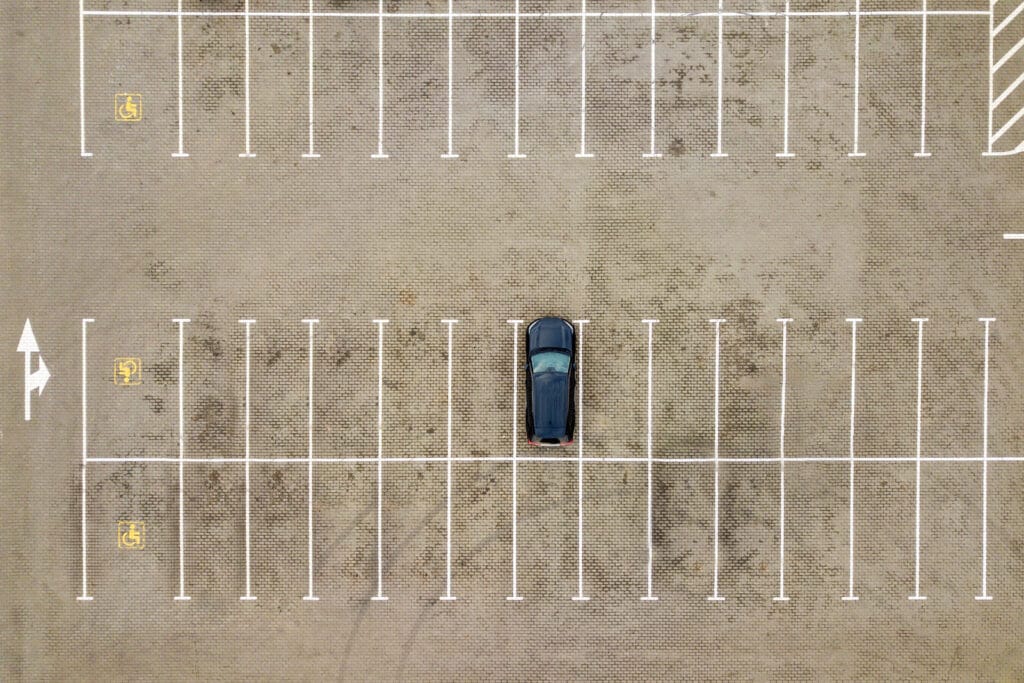
If there’s one thing that’s changed since the onslaught of COVID-19, it’s the increase in the number of buyers pre-ordering their cars, as new vehicle inventory vanished at local dealerships. Nearly one in five pre-ordered their car last year, an 89% year-over-year increase, with 74% of those who did saying they chose that route to get the exact option mix they preferred.
Of those who did order, 79% were more satisfied than buying from inventory, with satisfaction higher among those who ordered direct from the manufacturer, and they didn’t wait as long for delivery as well. But most of those who did pre-order said they would do it again next time. This reveals that some automotive retailers are still using sales tactics that consumers find unpleasant or uncomfortable.
Perhaps this is why EV buyers see digital retailing and eCommerce as a way to save time, while traditional car buyers believe it’s the best way to snag a good deal and avoid buying pressure. Given that new EV manufacturers such as Lucid, Rivian and Tesla sell their vehicles online, it’s no surprise that 87% of EV buyers are open to the idea of buying online as opposed to 73% of conventional car buyers. In the future, 80% of EV buyers indicate their next vehicle will be bought mostly online, an idea that only 61% of new ICE vehicle buyers confirm.
But a digital future is the future of automotive retailing, something that both auto dealers and consumers seem to agree on. A full 87% of dealers and 82% of buyers say that digital retailing improves the experience.
- SEO Powered Content & PR Distribution. Get Amplified Today.
- Platoblockchain. Web3 Metaverse Intelligence. Knowledge Amplified. Access Here.
- Source: https://www.thedetroitbureau.com/2023/01/do-consumers-like-buying-cars/
- 000
- 10
- 2020
- 2021
- 2022
- 39
- a
- activity
- All
- america
- among
- and
- anyone
- AREA
- auto
- automotive
- automotive industry
- average
- before
- being
- believe
- BEST
- Borrowing
- bought
- buy
- buyers
- Buying
- car
- cars
- chose
- compared
- Confirm
- consumer
- Consumers
- contrast
- conventional
- COVID-19
- Current
- Current state
- deal
- dealer
- Declining
- delivery
- depends
- DID
- digital
- direct
- doing
- down
- easier
- ecommerce
- efficient
- Ether (ETH)
- EV
- EVER
- expected
- experience
- Face
- Find
- found
- frequently
- from
- frustrating
- full
- functions
- future
- get
- given
- Go
- good
- Hard
- having
- High
- higher
- highly
- HOURS
- HTTPS
- ICE
- idea
- important
- improves
- in
- Increase
- increasingly
- indicate
- industry
- Intelligence
- inventory
- IT
- journey
- Lack
- Last
- Last Year
- Led
- Length
- little
- local
- Long
- longer
- Look
- Lot
- Low
- lucid
- make
- Manufacturer
- Manufacturers
- many
- Market
- max-width
- means
- minutes
- Month
- more
- most
- nearly
- needed
- Neutral
- New
- next
- number
- ONE
- online
- open
- opposed
- Option
- order
- paid
- pandemic
- parking
- particularly
- party
- percent
- Place
- plato
- Plato Data Intelligence
- PlatoData
- pre-order
- preferred
- president
- pressure
- price
- Prices
- Prior
- process
- purchase
- purchasing
- Rates
- research
- Results
- retailers
- retailing
- Reveals
- rivian
- Route
- Said
- sale
- sales
- satisfaction
- satisfied
- satisfied with
- Save
- sell
- sensitive
- showcase
- Shows
- since
- Sites
- Software
- some
- something
- spend
- spent
- Spite
- State
- Still
- streamlined
- Study
- such
- surprise
- surveyed
- Systems
- tactics
- taking
- Tesla
- The
- The Future
- their
- thing
- third-party
- throughout
- time
- to
- tools
- top
- traditional
- vehicle
- Vehicles
- Vice President
- View
- wait
- ways
- websites
- whether
- while
- WHO
- will
- would
- year
- zephyrnet

